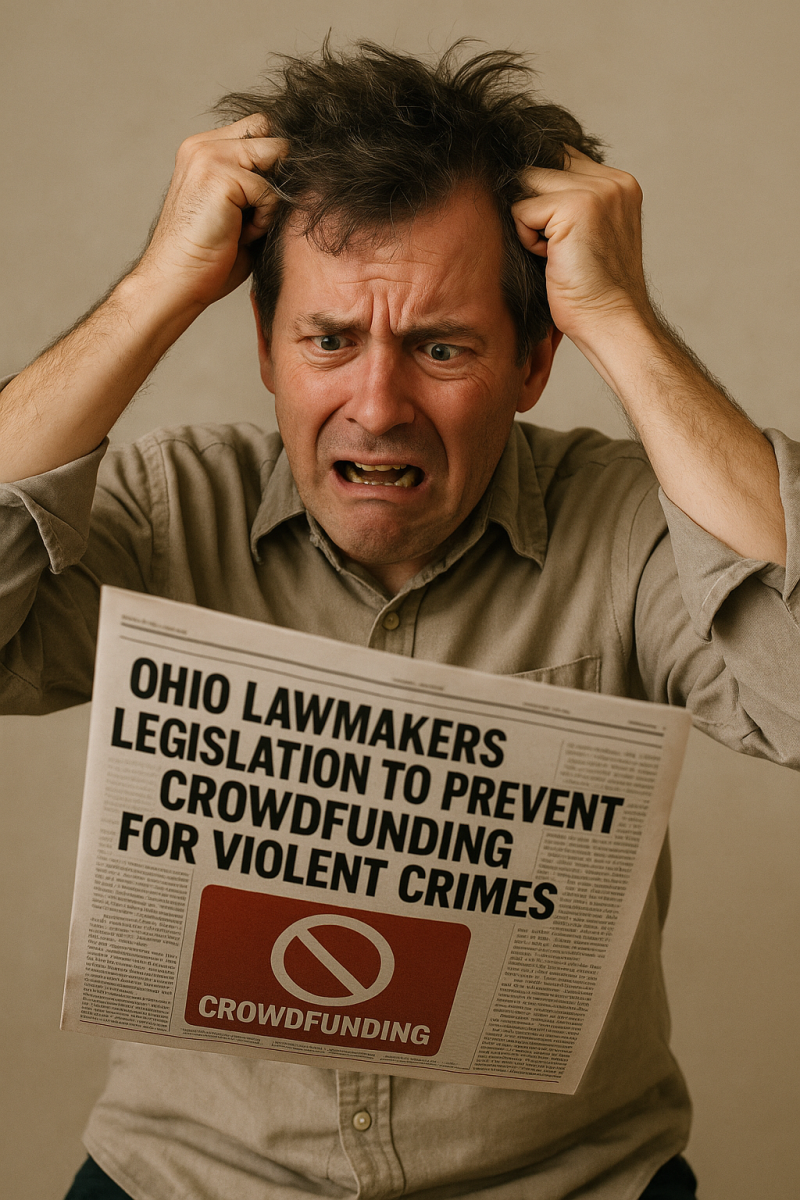On October 8, 2025, Fox19 Cincinnati ran a headline that could make anyone in the regulated investment crowdfunding world spit out their morning coffee:
“Ohio lawmakers introduce legislation to prevent crowdfunding for violent crimes.” (Read it here)
That’s one of those headlines that does collateral damage just by existing. It’s splashy, moralistic, and guaranteed to travel faster than nuance ever could.
But here’s the problem: every time “crowdfunding” makes the news in a criminal, political, or emotional context, it drags the entire ecosystem into the mud - including the legitimate, SEC-regulated platforms that have nothing to do with bail funds or bad behavior.
That’s what professionals call headline risk.
It’s what philosophers call guilt by association.
And it’s what the rest of us call a branding nightmare.
Regulated Investment Crowdfunding: The grown-up in the room
The Crowdfunding Professional Association (CfPA) has repeatedly urged everyone - media, policymakers, platforms - to use the full term “Regulated Investment Crowdfunding.”
Yes, it’s a mouthful. But it’s also a lifeline.
Because under the JOBS Act, this branch of crowdfunding operates under real supervision - SEC rules, FINRA oversight, audited financials, investor limits, and standardized disclosures. In other words: civilization.
When reporters lump all “crowdfunding” together, that nuance evaporates. Suddenly, a highly structured capital-formation mechanism that helps small businesses, high tech startups, and community enterprises raise money gets mentioned in the same breath as GoFundMe pleas, speculative token hype, or (now) “violent-crime fundraising.”
That’s not just sloppy - it’s reputationally radioactive.
Why the CfPA is right (and why the industry should listen)
CfPA’s call for adopting “Regulated Investment Crowdfunding” as a best practice isn’t about ego or branding - it’s about insulation. The term draws a bright line between:
-
Regulated investment crowdfunding → governed by the SEC/FINRA; funding real enterprises; offering securities.
-
Rewards or donation crowdfunding → governed by goodwill; funding T-shirts, toys, or tragedies.
When you blur those lines, you make it easier for lawmakers - like the ones in Ohio - to pass reactionary bills that accidentally strangle legitimate capital formation in the name of “public safety.”
Words become laws. Laws shape markets. So, getting the words right isn’t cosmetic - it’s existential.
##
Register for FREE to comment or continue reading this article. Already registered? Login here.
2



